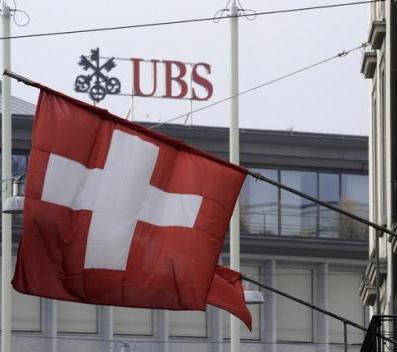Archive for April 18th, 2010

EU ministers can’t agree on bank levy
 (Reuters) – European Union finance ministers failed to agree, this weekend, how to impose a bank levy, possibly delaying a global accord on taxing the financiers many accuse of causing recession. Asked about a bank levy, Elena Salgado, Spain’s economy minister who chaired the talks in Madrid, said: "No decision has been made … We will have to keep talking about types of crisis resolution instrument." Pressure is building globally to agree a way to tax banks before a meeting of leaders from the Group of 20 developed and emerging economies in June. Next week, the International Monetary Fund will present its ideas on a bank levy to G20 finance ministers in Washington.
(Reuters) – European Union finance ministers failed to agree, this weekend, how to impose a bank levy, possibly delaying a global accord on taxing the financiers many accuse of causing recession. Asked about a bank levy, Elena Salgado, Spain’s economy minister who chaired the talks in Madrid, said: "No decision has been made … We will have to keep talking about types of crisis resolution instrument." Pressure is building globally to agree a way to tax banks before a meeting of leaders from the Group of 20 developed and emerging economies in June. Next week, the International Monetary Fund will present its ideas on a bank levy to G20 finance ministers in Washington.

On the importance of continuous education
A recent editorial in the Cayman Net News described the Cayman Finance conference on May 6th as “doing lunch, or in this case, holding a conference” suggesting it was an inadequate response to the adverse economic situation faced by Cayman. A comment such as this is plain silly.
As does the media, Cayman Finance hasa mandate to provide information and a forum for debate. But perhaps the biggest challenge of all is to change misperceptions about the role that Cayman plays in the international economic arena – a misperception largely created by the media.

Cayman shaken by tremors
(CNS): Updated Sunday 10 am — The earth was shaking yet again in the Cayman Islands’ region on Saturday night after two small tremors with epicentres less than 100 miles away occurred south of Grand Cayman. According to the US Geological Survey, the first quake, a magnitude of 4.8 was located 95 miles south of George Town, 6 miles deep and happened at around 8:30 pm local time. The second came around two hours later at 10:25 pm some 85 miles south southwest of the capital, measuring 4.5 on the Richter scale and again about 6 miles down. Since the beginning of the year, when Cayman was shaken by a 5.9 earthquake with an epicentre some 30 miles away on 19 January, there have been around a half dozen further smaller tremors.
Given the distance from the tremor there were no reports of damage. Owing to technical difficulties with the main government server, Hazard Management apologised for being unable to post details until Sunday morning, but they have now confirmed that there was no damage reported.
However, the HMCI reminded the public that Cayman is situated on the edge of a fault region and they must be prepared to protect themselves in the event ofa more significant earthquake.